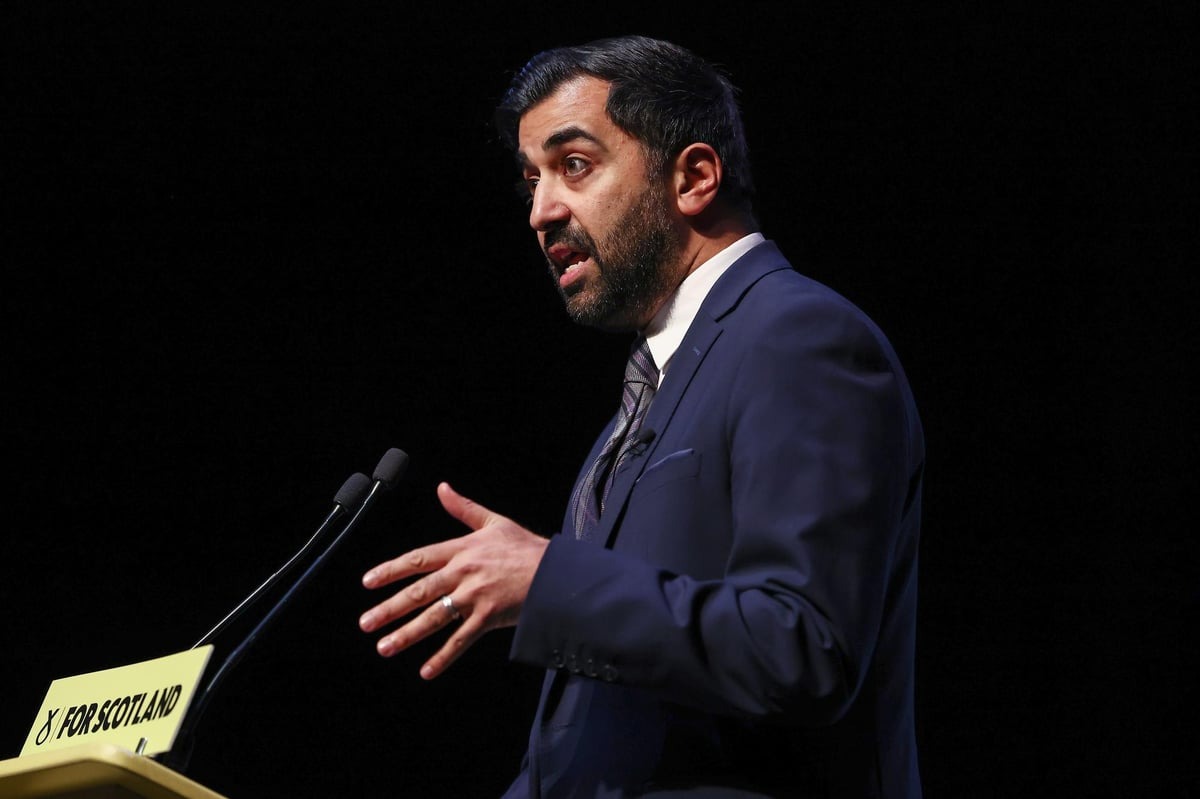Scotland’s First Minister Humza Yousaf has condemned the spread of “disinformation” about the Hate Crime and Public Order (Scotland) Act, which is scheduled to take effect in April.
The legislation, passed by MSPs in 2021, aims to address hate speech by creating a new offense of stirring up hatred based on protected characteristics, aligning with existing race-related crimes.
Yousaf expressed concern over the law’s misrepresentation on social media, inaccurate media reporting, and statements from political opponents, urging a clearer understanding of its provisions.

Humza Yousaf (Credits: CNN)
He emphasized that similar laws have long existed in Scotland, protecting racial hatred since 1986, and argued for extending these protections to other characteristics such as sexuality, disability, and religion.
Addressing criticisms regarding the potential impact on free speech, Yousaf highlighted the “very high threshold” for prosecution and outlined safeguards to preserve freedom of expression.
He emphasized distinguishing between legitimate criticism and malicious intent, expressing confidence in the police to exercise discretion and prioritize genuine cases.
Scottish Tory leader Douglas Ross raised concerns about the law’s implementation, citing insufficient officer training and the complexity of the legislation.

Humza Yousaf (Credits: The Independent)
Ross warned of potential consequences, including the diversion of police resources from actual crimes and the erosion of public trust in law enforcement.
He criticized Yousaf for purportedly jeopardizing frontline officers and impeding freedom of speech with what he described as an “unworkable and dangerous law.”
The exchange underscores the ongoing debate surrounding hate crime legislation in Scotland, with differing perspectives on its necessity, effectiveness, and potential implications for civil liberties.
As the law’s implementation approaches, stakeholders grapple with its interpretation and enforcement, with implications for law enforcement practices and broader societal dynamics.























